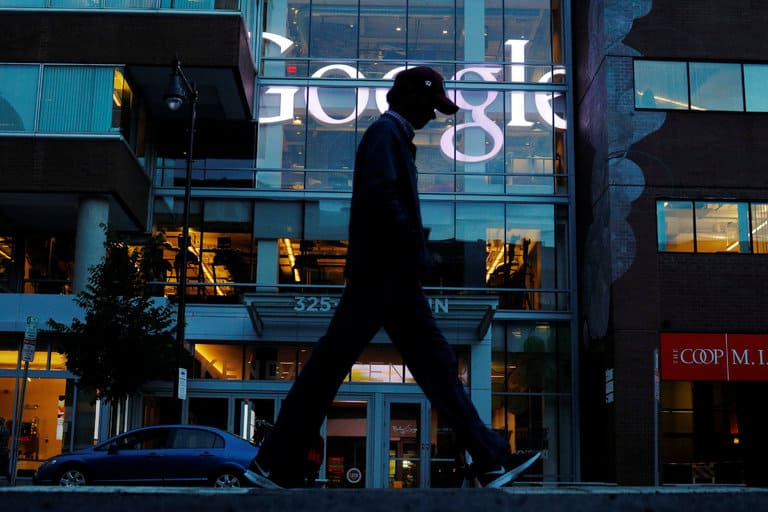 Not many companies can turn a $2.7 billion fine into a financial footnote.
Not many companies can turn a $2.7 billion fine into a financial footnote.
But that is what Google’s parent company, Alphabet, did with its quarterly earnings. The results, announced on Monday, were a microcosm of the opportunities and the risks in front of the company. On one hand, it was hitting on all cylinders with its core search engine. Its various internet services were as essential as ever with the shift to smartphones. And its YouTube video platform was shaking off a short-lived boycott by big brands.
But while its business hums along, Alphabet faces a challenge that has little to do with its day-to-day performance.
A month after the European Commission handed down a record $2.7 billion penalty against Google for what it said was “illegal conduct” in unfairly promoting its own shopping services over competitors, Democrats in the United States are calling for more antitrust oversightof big companies. Senator Cory Booker, Democrat of New Jersey, told the technology site Recode that antitrust regulators should examine Google.
In addition to the penalty it levied, the European Commission said Google could face a larger fine if it did not find a way to resolve the issue within 90 days.
Ruth Porat, Alphabet’s chief financial officer, said in a call with investors that “it’s still early in our analysis” of how the company plans to deal with the European Commission action. Alphabet said it was still considering an appeal.
Google is facing two other antitrust cases in Europe involving Android, its mobile software that runs on about 80 percent of the world’s smartphones, and its advertising products. Google has denied any wrongdoing in both instances.
In a research note last week, Mark Mahaney, an analyst for RBC Capital Markets, said one risk for Alphabet was that users would be turned off if search results were made less useful to appease regulators.
The European Commission fine dropped Alphabet’s quarterly earnings in this year’s second quarter to their lowest levels in more than two years. Alphabet’s net income fell 28 percent, to $3.52 billion. If the fine were excluded, net income rose 28 percent.
The company’s earnings per share came in at $5.01, compared to analysts’ expectations of $4.49. Revenue rose 21 percent, to $26.01 billion, in the quarter.
The European fine smudged what was another quarter of consistent earnings from Alphabet’s core Google business. Google’s search engine remains indispensable, making the advertising real estate surrounding its search results essential for marketers. The space becomes even more valuable on the smaller screens of smartphones.
Alphabet said that paid clicks — defined as someone clicking on or viewing an advertisement — on Google’s web properties like search and YouTube rose 61 percent from a year earlier, offsetting a decline in ad prices for the company’s sites.
YouTube was a bright spot in another way. Alphabet said revenues from the video site were strong despite a boycott by major advertisers this year after reports of brand advertising appearing next to offensive videos. YouTube has said it was giving more control to advertisers about where their ads would appear.
YouTube’s reach is hard to resist. Alphabet said that YouTube has 1.5 billion monthly viewers, and that people watch, on average, 60 minutes a day on their phones and tablets. Alphabet also introduced new advertising formats for YouTube, including six-second commercials before videos begin.
Even as the video business becomes more important to Alphabet, Ms. Porat said there were no plans to break out YouTube’s revenues from the overall company.
Earlier on Monday, Alphabet announced that Sundar Pichai, Google’s chief executive, is now a director on Alphabet’s board. He is the 13th member of Alphabet’s board and the fifth company executive who also holds a board seat.























